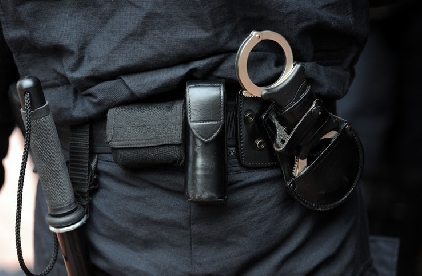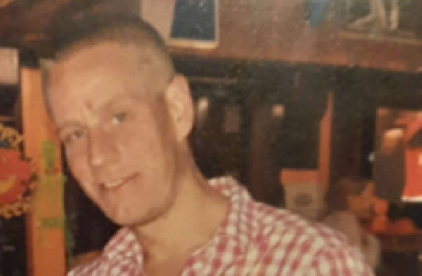
The biggest threat of a major terrorist attack in Shropshire would come from an extreme right wing group or a lone wolf, it has been claimed.
Andrew Gough, of Shropshire’s Safer Communities group, said it was hard to anticipate solo attacks but said the county underwent a terrorism prevention check this month.
He said work was always being carried out to ensure response times would be as good as possible if an incident was to happen.
He said: “The biggest threats to the county in terms of terrorism would come from extreme right wing groups or lone wolf attacks.
“Of course these are hard to anticipate, but the county is constantly reviewing safety measures in place and updating risk levels.
“We have recently undergone a risk assessment and updated methods and information that we need.”
It comes as West Mercia Police said the terrorist threat is real and “there is no room for complacency.”
In a statement, the force said: “We must all remain alert and aware of our surroundings at all times.
“Together we can fight terrorism and make our communities safer.
“A community that thinks ‘it will never happen here’ benefits only the criminal, the terrorist and the violent extremist alike.
“Counter terrorism policing is a priority for Warwickshire Police and West Mercia Police.
“We work alongside other police forces within the West Midlands region and throughout the UK as well as MI5, government departments and partner agencies to ensure our force areas remain a safe place to live, work and visit.
“ We undertake a wide range of activities as part of the government’s national counter terrorism strategy, known as CONTEST which has four objectives.
“The first is to prevent people becoming terrorists or supporting violent extremists.
“This is a long term and vital element focusing on building relationships with all communities including providing assistance to key groups who experience community tensions and grievances.
“Our aim is to reassure and build resilience in our communities and, together with our partners, raise awareness and provide support to those who are affected.
“In this way, we impact upon the underlying causes of violent extremism and diminish support for their activities.
“The second is to pursue – to stop terrorist attacks. This will be achieved by improving our understanding of terrorist networks, tracking down terrorists, disrupting their activity and bringing them to justice.
“The third is to Protect – to strengthen the country’s overall protection against terrorist attacks.
“The fourth is to prepare – where an attack cannot be stopped, to try to lessen its impact.
“The force must prepare for the consequences of a terrorist attack and improve its resilience to cope with this and other major disruptive challenges.”


 West Mercia Police launch ‘Operation Dark Night’ to keep roads safe this Winter
West Mercia Police launch ‘Operation Dark Night’ to keep roads safe this Winter
 Revealed: The main roads in Herefordshire prioritised for repairs
Revealed: The main roads in Herefordshire prioritised for repairs
 Appeal to find missing Monmouthshire man
Appeal to find missing Monmouthshire man
 Man arrested in connection with stabbing incident
Man arrested in connection with stabbing incident
 New Food and Drink group launched at online event
New Food and Drink group launched at online event
